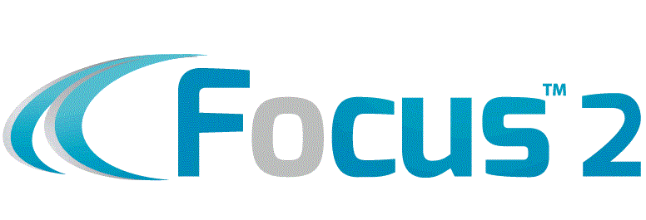Obama, college tax credit & debt forgiveness
Did you catch Obama’s speech the other day, here is a recap on his comments related to college and education.
Obama Calls For College Tax Credit and Debt Forgiveness
President Barack Obama touted education among his top priorities in his first State of the Union address, proposing a $10,000 higher-education tax credit for families and debt forgiveness for people who have been repaying their college loans for at least 20 years.
Obama urged the U.S. Senate to join the House in overhauling the federal student-loan system, saying such a move would end “unwarranted taxpayer subsidies” to banks and help revitalize community colleges. He also supported an update of No Child Left Behind, the Bush administration education effort.
Obama said the cost of the higher-education initiatives would be offset by money saved from his plan to provide all new federal loans directly to students, instead of through private lenders. While some Republican lawmakers have opposed this plan saying it may raise college costs, the Congressional Budget Office said it may save the government $80 billion in 10 years.
“In the 21st century, the best anti-poverty program around is a world-class education,” Obama said in his speech. “No one should go broke because they chose to go to college.”
The repayment plan reflects an understanding by the administration that student debt can handicap middle class families.
Policy makers have become increasingly aware over the last several years about the burden that student debt can create in already tough times. This proposal gives a signal that if you do need to borrow to pay to go to college, and you’re responsible about repayment, you can do it in a way that doesn’t jeopardize your future.
Obama, who plans to send Congress his budget request for fiscal 2011 next week, said he’ll propose the $10,000 tax credit for families paying for four years of college and more money for Pell Grants that help low-income students afford college. He also called for an expansion of an income-based student-loan repayment program the Education Department started in July.
“Let’s tell another 1 million students that when they graduate, they will be required to pay only 10 percent of their income on student loans, and all of their debt will be forgiven after 20 years
-- and forgiven after 10 years if they choose a career in public service,” Obama said.
Colleges welcome anything that will help students pay for their education, particularly the increased Pell Grants.
These are really positive initiatives for private colleges. Anything that can reduce the load for students paying for colleges will help.
The plan to provide federal college loans directly, approved by the House in September, aims to protect student loans from turmoil in financial markets and end federal payments that Obama says are wasteful. It would discontinue the 43-year- old Federal Family Education Loan Program that subsidizes and guarantees loans made by private lenders.
Starting in July, all new federal loans would be provided through a separate program, created in 1993, that lets the Education Department lend directly to students.
Representative John Kline of Minnesota, the top Republican on the House Education and Labor Committee, said such a plan may create new expenses for students.
“Making the federal government responsible for a larger share of student debt is likely to do nothing more than exacerbate high college costs,” Kline said.
Obama’s budget plan, set to be released Feb. 1, includes a $3 billion raise in discretionary education funds next year, shielding federal school programs from his proposed freeze on some domestic spending. That’s about 6 percent more than this year’s $47 billion discretionary budget for education programs other than Pell Grants.
The $3 billion contains Obama’s proposed $1.35 billion expansion of the Race to the Top competitive grant program, which rewards states that make the most progress in raising academic standards, boosting teacher quality, tracking student gains and improving failing schools.
That program, which will award $4.35 billion in stimulus grants to states this year, has “broken through the stalemate between left and right” on how to improve the nation’s public schools, Obama said.
“Instead of rewarding failure, we only reward success,” Obama said. “Instead of funding the status quo, we only invest in reform -- reform that raises student achievement, inspires students to excel in math and science, and turns around failing schools that steal the future of too many young Americans.”
The budget proposal would allow another $1 billion in K-12 education spending, for a total of $4 billion, if lawmakers reauthorize No Child Left Behind this year.
The 2002 law, enacted under President George W. Bush, requires states to measure student achievement through standardized tests. (Crack the test here!)
While states can set their own standards to determine what constitutes an adequate education, they can lose some federal funds if they don’t show yearly progress toward those goals.
Obama and Duncan have said the law prompted many states to weaken their academic standards and led schools to devote too much time to standardized test preparation. They want states to agree on a common set of tougher, nationwide standards. They also want to give states more flexibility in meeting those standards than they now have under No Child Left Behind.
“In this country, the success of our children cannot depend more on where they live than on their potential,” Obama said.





